Russia, Iran, and Turkey have taken the lead in attempting to bring about conflict resolution in Syria through the Astana talks that began in late 2016. That these three governments are working together is quite remarkable considering how up until recently, Turkey was actively supporting anti-government forces in Syria while Russia and Iran have been supporting the Assad regime. Relations between Russia and Turkey (which had been quite good despite their disagreement on Syria) went into a tailspin after Turkish forces shot down a Russian military aircraft in November 2015. But after Erdogan apologized to Putin over the incident and Putin expressed more fulsome support than Western leaders for Erdogan during the July 2016 coup attempt against him, Russian-Turkish relations have steadily improved.
As much as Erdogan may dislike the Assad regime, he sees the actions both of Islamic State and Syrian Kurdish forces as more threatening to Turkish interests. American support for Syrian Kurds fighting IS became an irritant in Turkish-American relations that contributed to Russian-Turkish reconciliation. When Moscow, Tehran, and Ankara initiated the Astana peace talks without inviting the United States to participate, all three were signaling their lack of faith in the Obama Administration. But when Moscow invited the new Trump Administration to participate in them, the Trump Administration declined. This may not simply be the result of Trump’s favorable view of Russia and desire to partner with it against IS, but also a preference for someone else to undertake the extraordinarily difficult tasks of mediating among the many rival actors involved in Syria’s complex conflict.
But whatever Trump’s reasons for not (yet) getting involved in the Astana process, Washington is certainly not standing in the way of Russian-Iranian-Turkish conflict resolution efforts. Moscow, Tehran, and Ankara, then, may now have a serious chance of making progress here. But can they? The interests of the three countries do not always coincide. While Erdogan may now be more willing than before to work with the Alawite-minority based Assad regime, Ankara wants a settlement in Syria that accommodates the Sunni Arab majority (though not the Kurdish minority). But the Shi’a government in Iran (as well as the Hezbollah and other Shi’a militias fighting to defend Assad) wish to preserve the Syria’s Alawite minority regime as a Shi’a ally. And for Iran and Hezbollah in particular, support for Assad is not an end in itself, but as a means of ensuring that there is a Shi’a-friendly government in Damascus that will facilitate Iranian aid to Hezbollah. The greater the role that Sunni forces have in a post-conflict Syrian government, the more difficult this may be.
Moscow may be able to balance Turkish and Iranian interests in Syria, but this will not be easy. But if a Syrian settlement leads to Hezbollah redeploying its forces from Syria to the Lebanese-Israeli (or even Syrian-Israeli) border, Moscow may be unable to contain hostility between Israel on the one hand and Hezbollah as well as Iran on the other. In the Syrian conflict up to now, Iran, Hezbollah, and the Assad regime on the one hand and the Sunni jihadists on the other are all hostile to Israel, but have focused their attention on fighting one another and not the Jewish state. A settlement of Syria’s internal conflict, though, that preserves the Assad regime (with perhaps some modification) may result in Iran and Hezbollah turning their attention toward Israel.
Despite the fact that Moscow has strong ties to Israel as well as to Iran, Israel is more likely to respond to any increased challenge to it faces from Iran and Hezbollah by requesting—and receiving—support from the Trump Administration against them, and not by counting on Russian mediation to prevent or resolve conflict.
And just as the Trump Administration may prefer to let Moscow try to sort out the conflict in Syria as well as mediate between Turkey and Iran there, Moscow may prefer to let the U.S. support Israel against Iran and Hezbollah rather than undertake the fruitless task of trying to mediate between two sets of Russian friends that see each other as bitter enemies.
This article was originally published by Valdai.
The views represented herein are the author's or speaker's own and do not necessarily reflect the views of AGSI, its staff, or its board of directors.

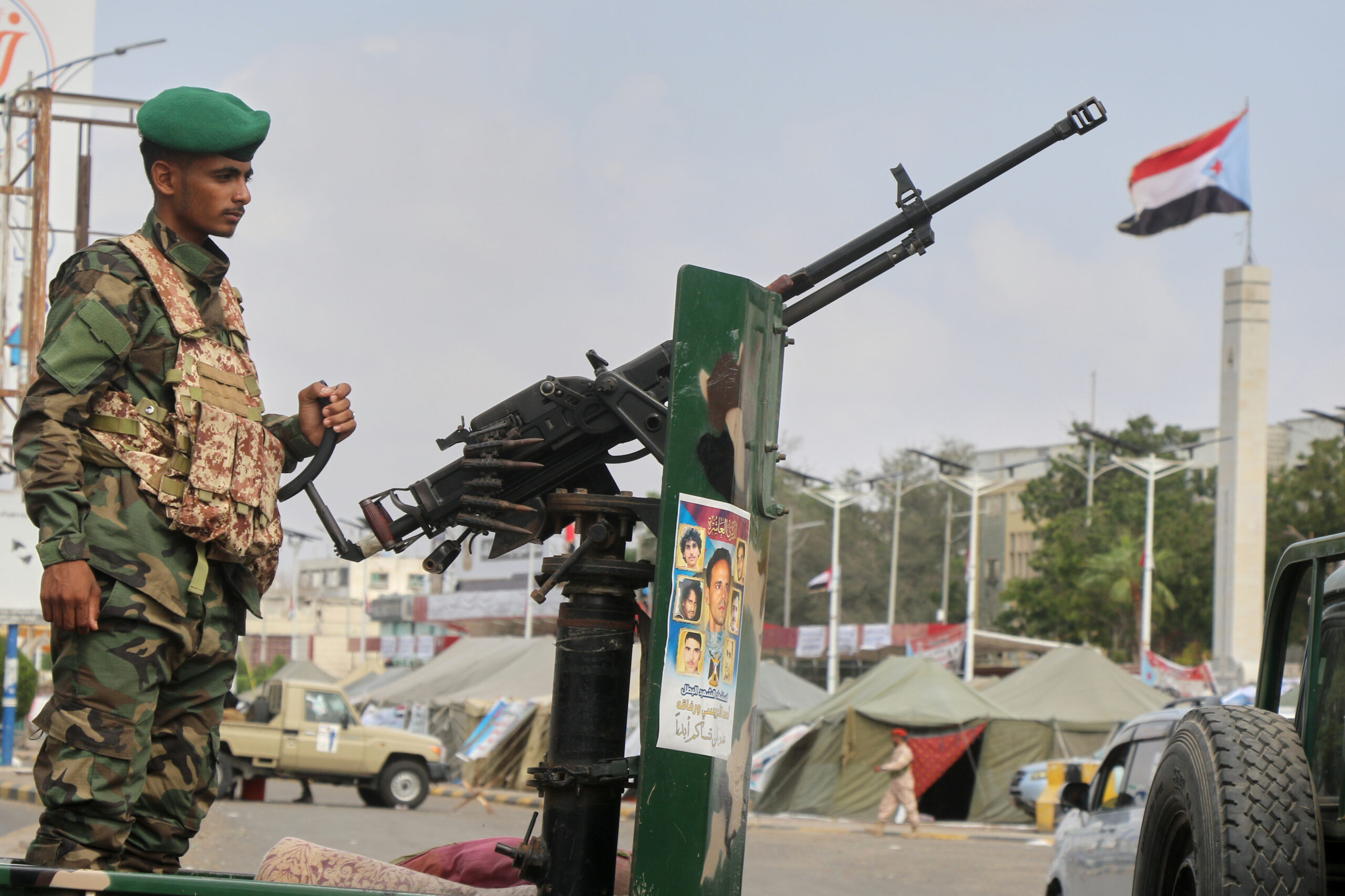

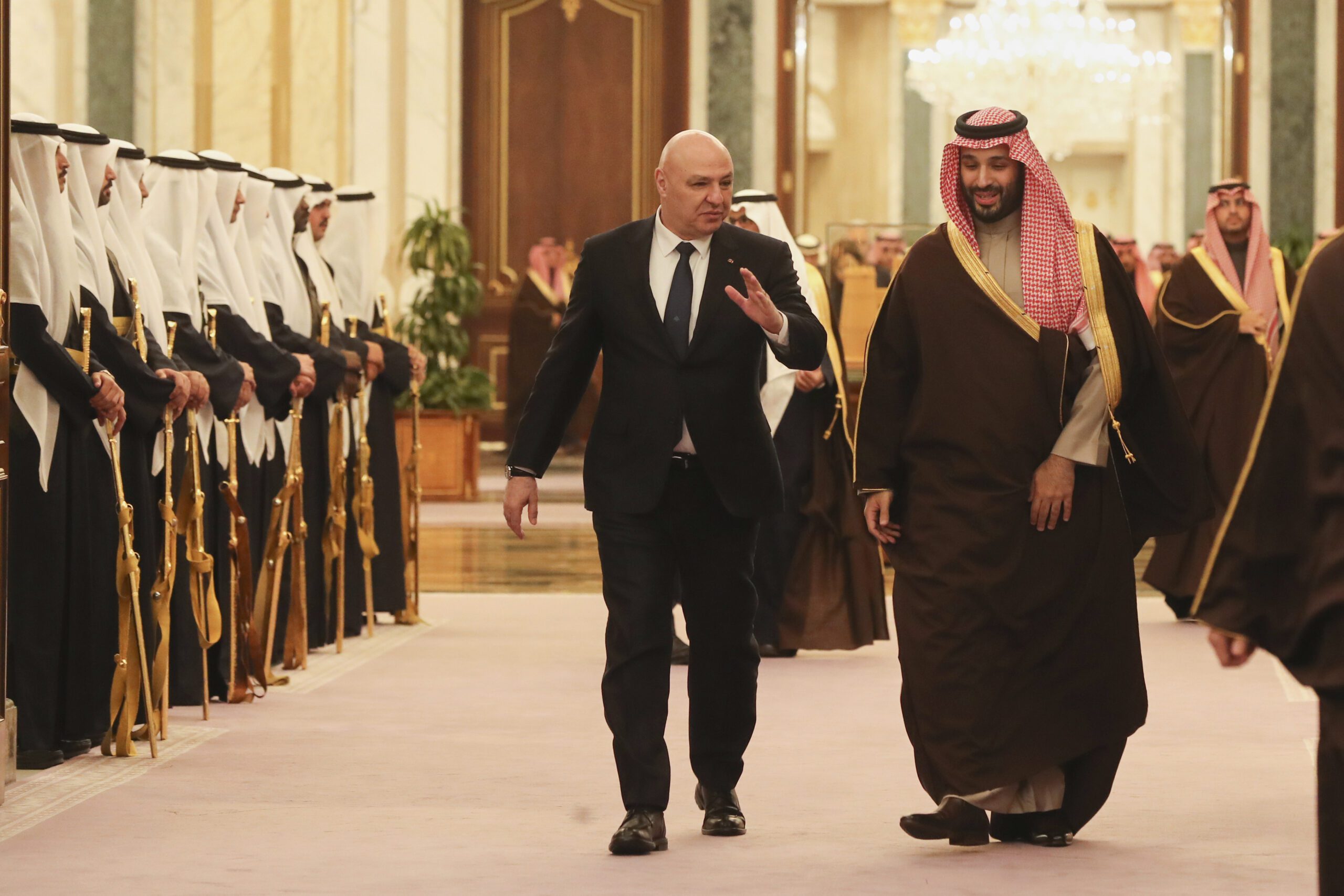

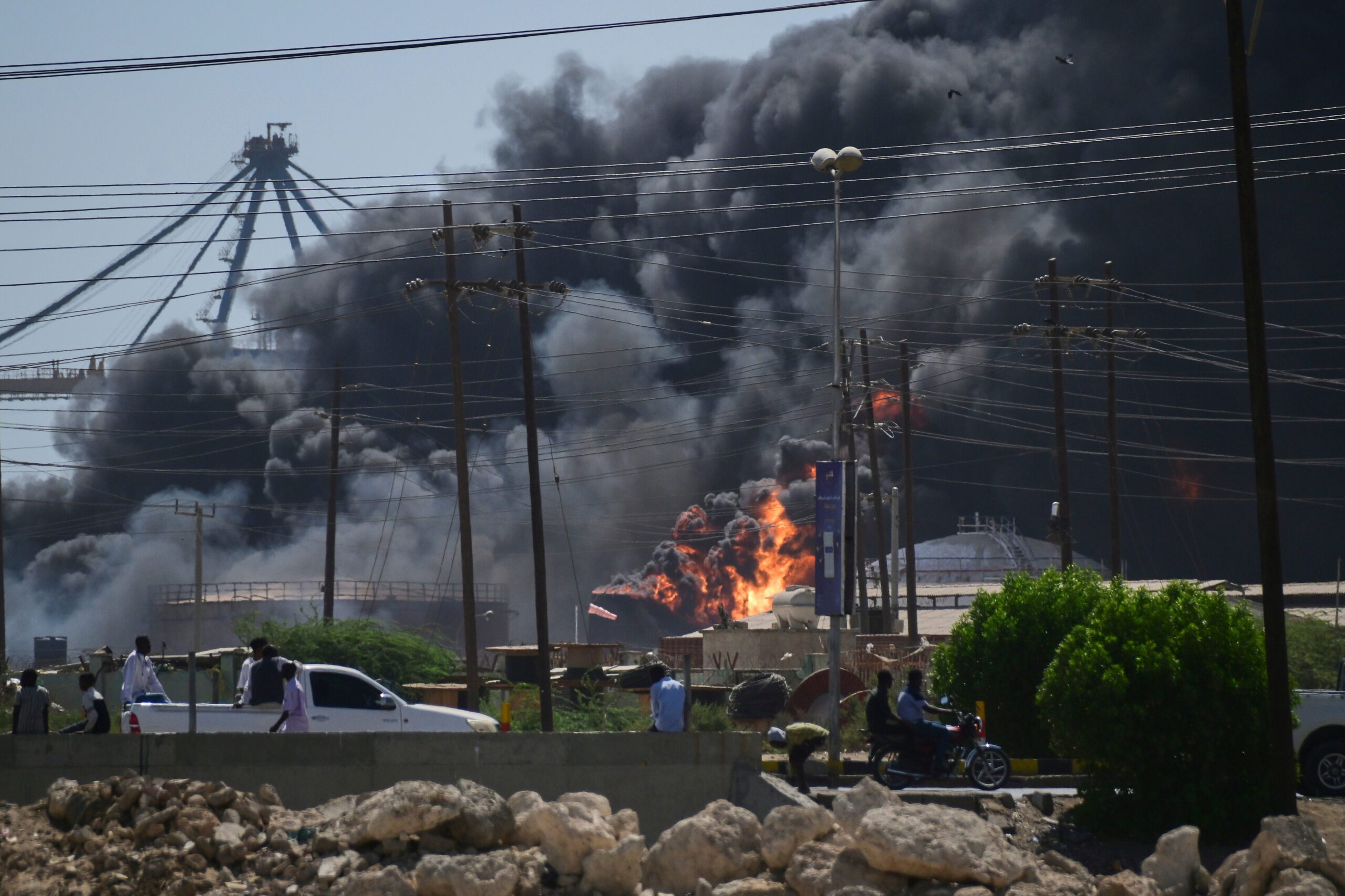

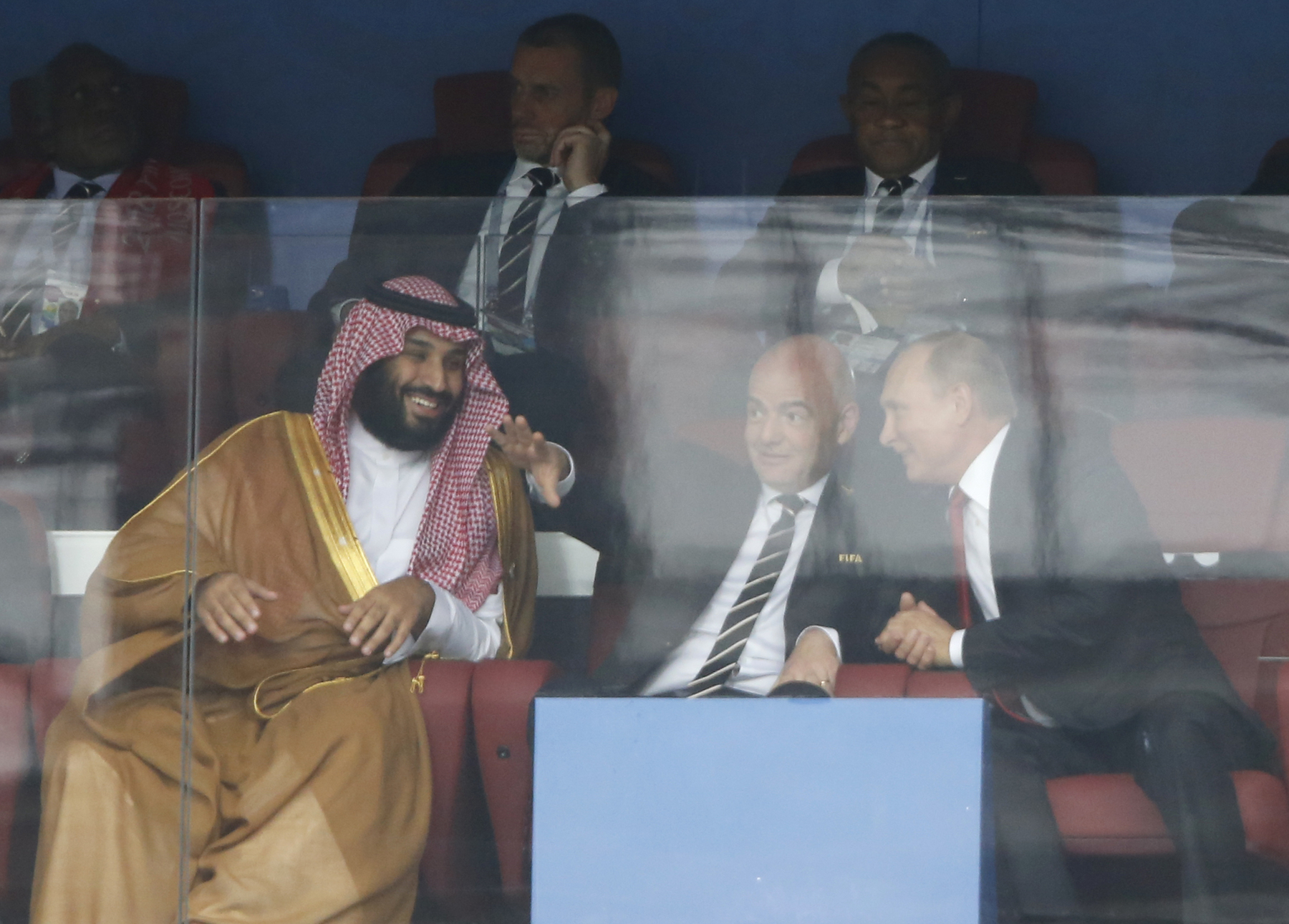
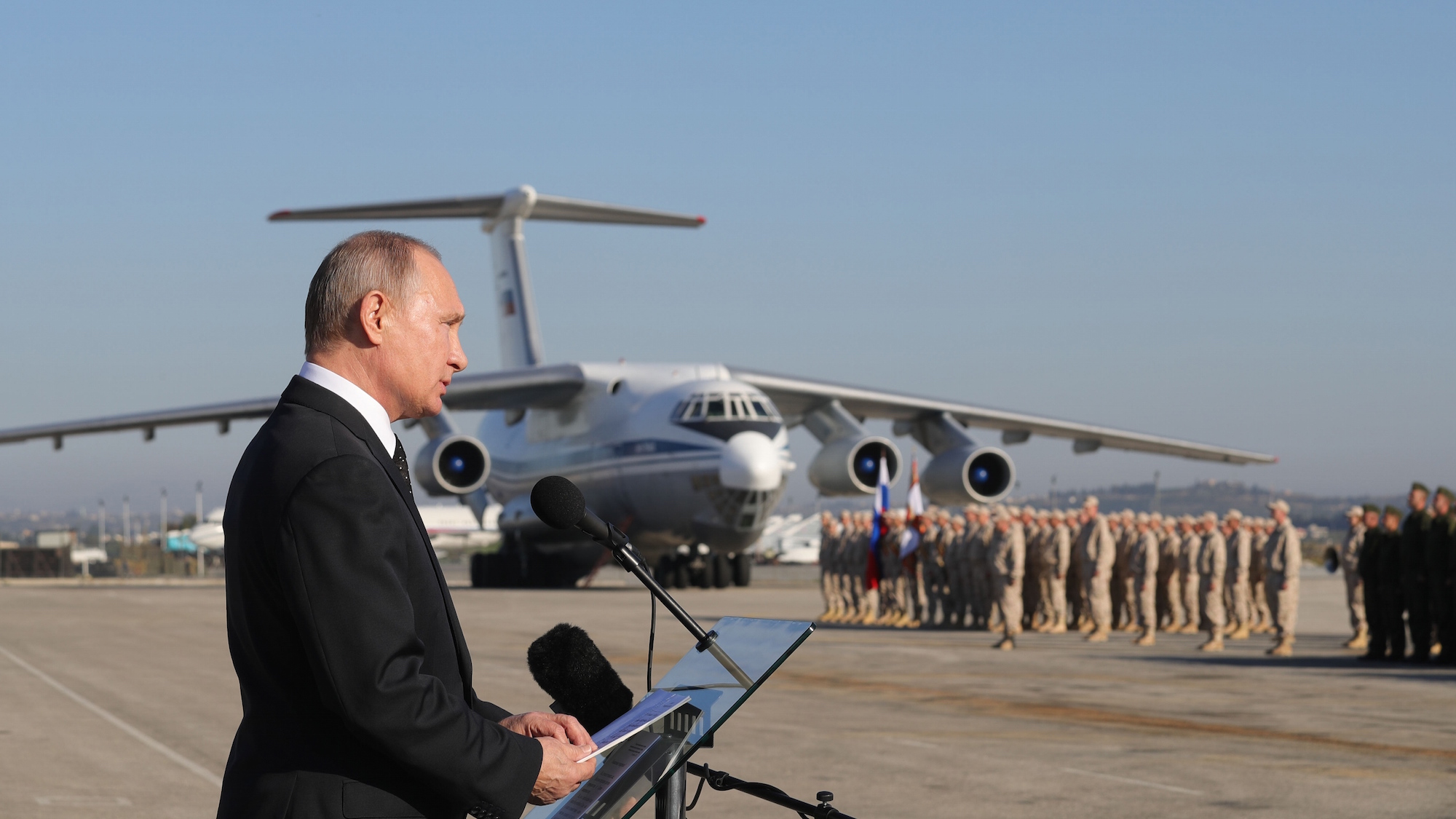
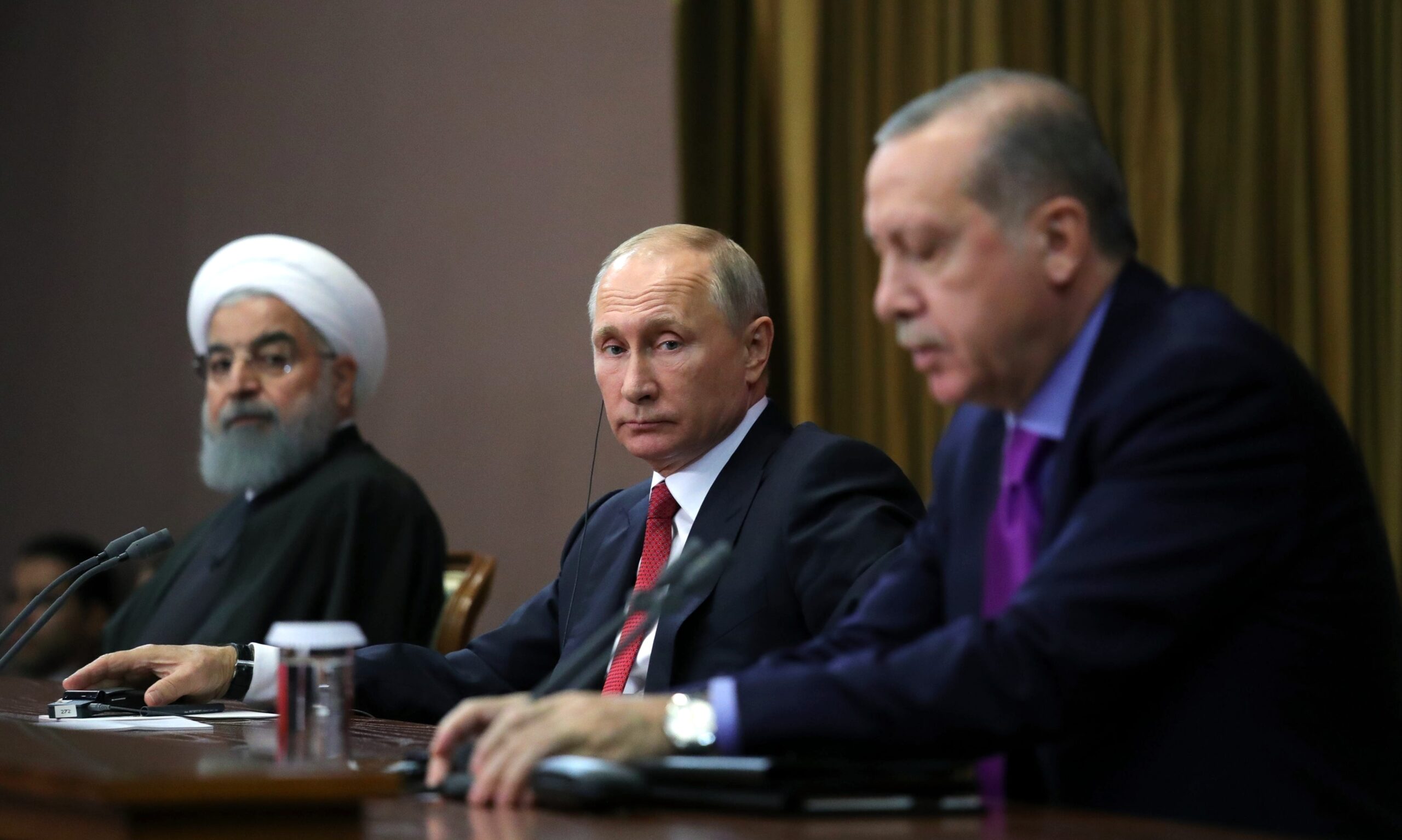

Feb 27, 2017
Syrian Stew: Trump Russian-Iranian-Turkish Conflict Resolution Efforts, and The Israeli Factor
Russia, Iran, and Turkey have taken the lead in attempting to bring about conflict resolution in Syria through the Astana talks that began in late 2016. That these three governments are working together is quite remarkable considering how up until recently, Turkey was actively supporting anti-government forces in Syria while Russia and Iran have been...
4 min read